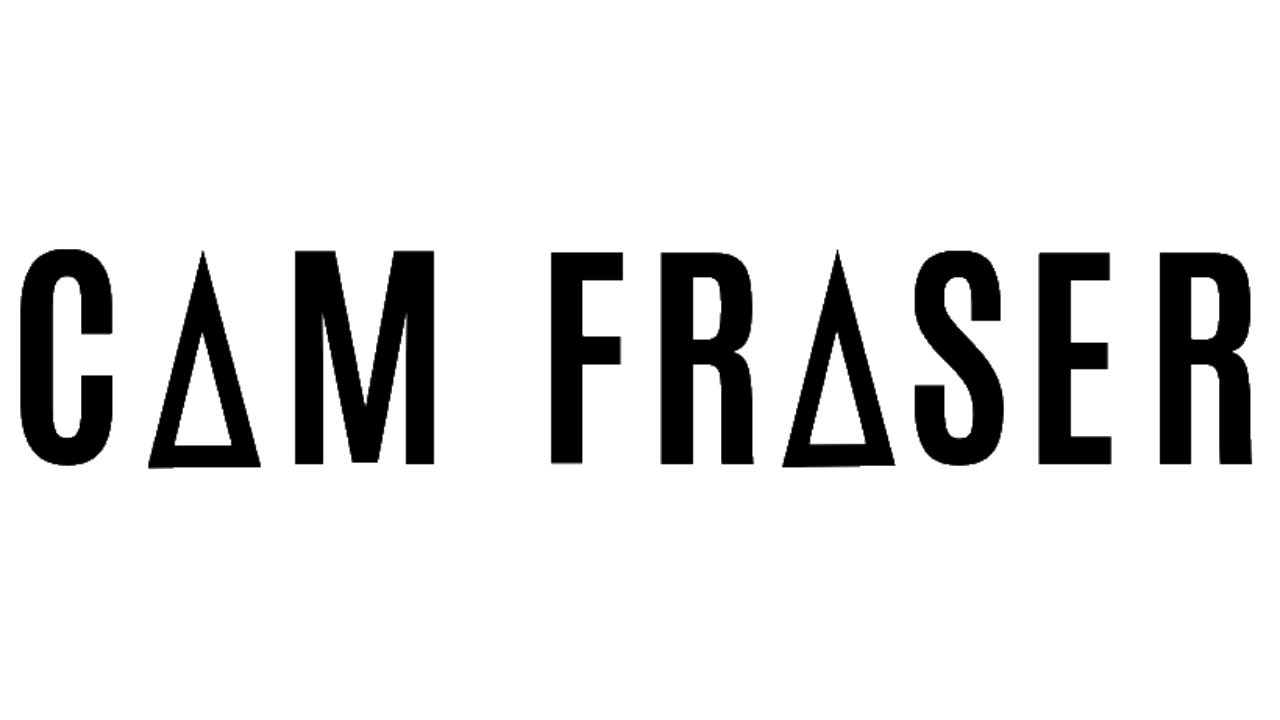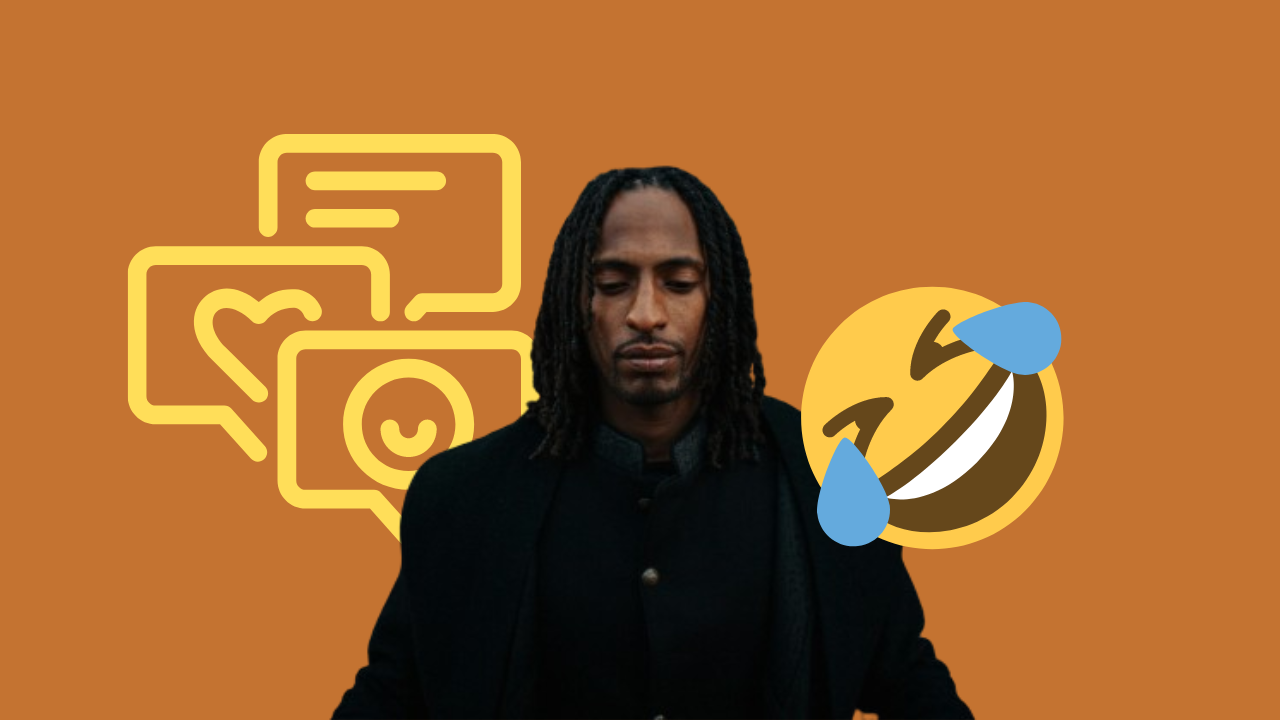What do these four men have in common?
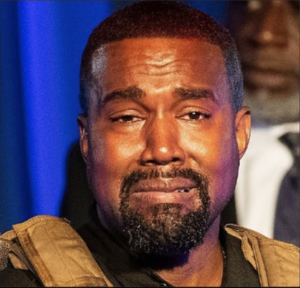


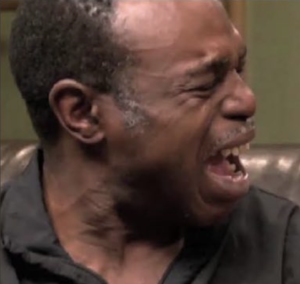
Rapper Kanye West cried during a 2020 campaign rally when he was talking about abortion. Actor Tyrese Gibson cried during a video posted to social media in 2017 discussing the ongoing custody battle over his daughter.
Actor Will Smith cried during a conversation with his wife on Red Table Talk in 2020 about her relationship with another man. Former featherweight boxing champion Rocky Lockridge cried during an episode of A&E television series Intervention when his son told him how much he loved him.
They were all captured on camera expressing their emotions through tears and subsequently mocked for it.

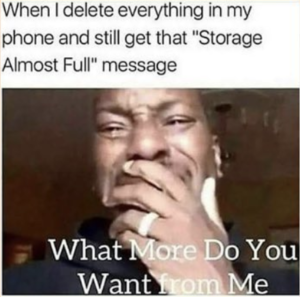


While there are plenty of people who care deeply about men's mental health and who advocate for men to express their emotions more openly, the memeification of these men is indicative of society's prevailing attitude toward men's mental health.
We tend to mock men who cry and laugh at their vulnerability, which in turn can make it more difficult for men to open up about their mental health. Of course, as men we need to prioritise our emotional wellbeing and actually seek our help when needed. But, social stigma is still a barrier to entry for a lot of men when it comes to reaching our for mental health support.
You could argue this is simply just irreverent internet culture or our obsession with celebrities and seeing them fall from grace. For example, Kim Kardashian, Britney Spears, Cristiano Ronaldo, Selena Gomez, Lil Mama, Russell Wilson, Chris Pine, Chrissy Teigen, and many others have all had their tears mocked.
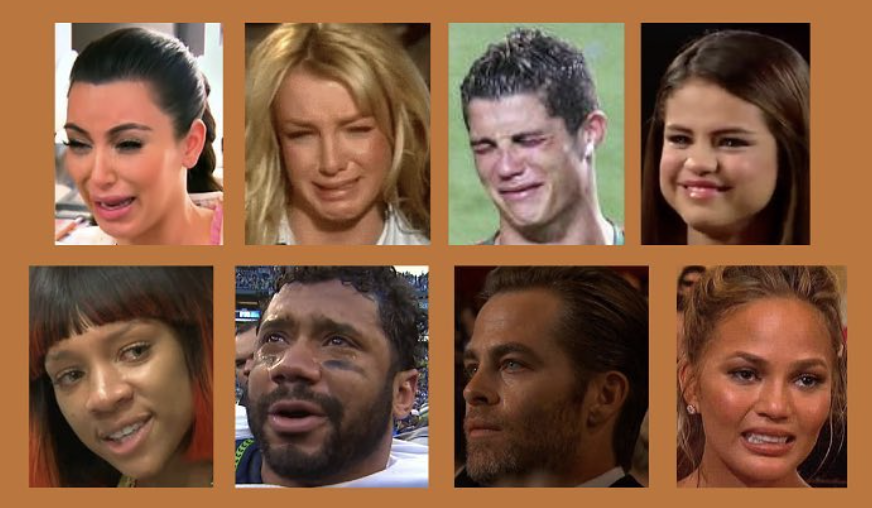
However, I think the prolific nature of the aforementioned memes of West, Gibson, Smith, and Lockridge is important to consider, especially in the context of the popularity of crying memes in particular. Arguably the most famous crying meme is that of basketball Hall of Famer Michael Jordan.


Senior lecturer of communication and journalism Limor Shifman says of the crying Jordan meme, "There's an element of flawed masculinity at play. You have a masculine star who expresses vulnerability, and people simultaneously mock and celebrate that." Similarly, professor of critical media theory Timothy Burke says, "It's the ultimate alpha in a vulnerable position."
I think this is related to our obsession with celebrities and potentially our humanisation of them. But, what I also find interesting is that the most popular memes of men crying are images of Black men. For example, search results for "man crying meme" are predominantly images of Black men, but just "man crying" results in images predominantly of white men.

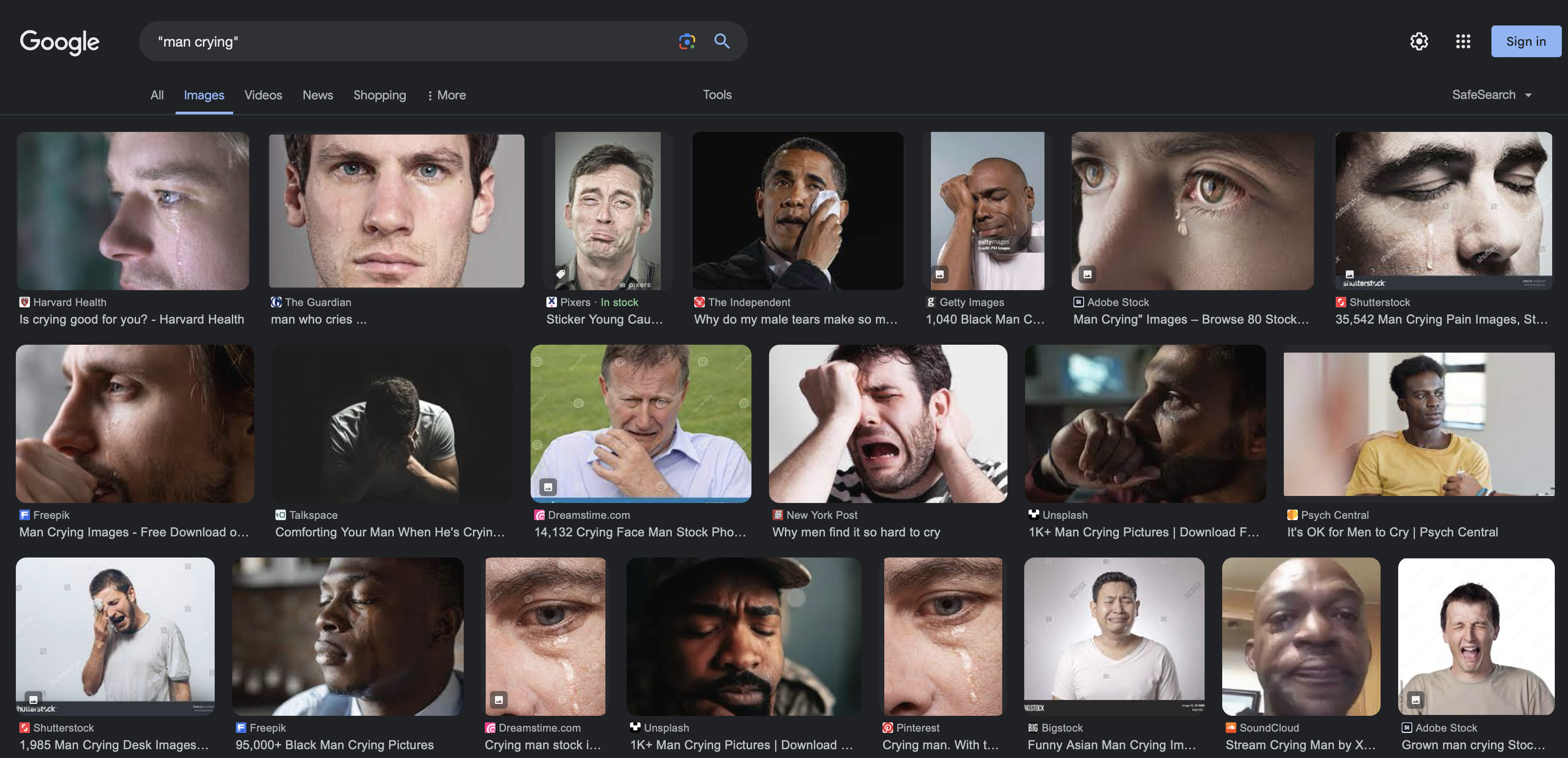
This may just reflect the documented lack of diversity in stock photography. But, it may also reflect the racial stereotyping of Black men as more "masculine" than white men (Wilson, Hugenberg, & Rule, 2017). This is explored more in 2014 book by Brittany Slatton and Kamesha Spates titled Hyper Sexual, Hyper Masculine?
Thus the popularity of memes with Black men crying compared to similar memes of white men might suggest a bias toward mocking Black men's emotions and vulnerability because it is "less acceptable" for them to express such emotions or be vulnerable. This is just a thought. However, when I posted about this on social media and asked Black men in my audience if they felt comfortable talking about this, here is what some of these men had to say:
"I agree with you brother on this one , my community have it hard when it comes to emotional wellbeing, mental health in general because of various reasons. A lot of it is the stereotyping that society give us and then we identify with them and then live them in reality. E.g. you said there's this notion that black men are more masculine and alpha than other racies which isnt true and because we have been programmed to be that way we then feel with have to live that way. i can tell you now i have been mocked a ton for crying and a lot of it that mocking has come from my own family and black people so i believe black people need to come together and sort this out because this is why black men are not doing well with their mental health and killing themselves and each other at an alarming rate. I believe this is another reason why i dont see many black men and black people in general in conscious communities or events that i go to because of the mocking they believe they will get or believing that they are weird for doing these things which most black people dont do. And these stories still come to me now and again. At the end of the day most of these problems are just stories that are not serving anyone"
"A couple people had pointed out to me that it was black men. I have noted that ALOT of Memes are black people in general, especially mocking ones. I also wonder is the general population feel more comfortable, consciously or unconsciously, at laughing at black people. Great post as always"
"We men of color are seen as beast. there is so much more to process and heal from the history the violence. the wounds given and passed to us by family and society at large. we are the oxen in yoke and to show this vulnerability via a form of media controlled by those who oppress us we will always be subverted to reflect their goals their values and their ability to oppress us"
For anyone thinking that these memes are "just a joke," I believe we can learn a lot about both ourselves and our society from what we joke about. If you want to dive a little deeper into this topic, known as digital blackface, I recommend reading the following;
We Need To Talk About Digital Blackface in Reaction GIFs by Lauren Michele Jackson.
Reaction GIFs of Black People Are More Problematic Than You Think by Naomi Day.
Who Are Your Wearing? Avatars, Blackface and Commodification of the Other by Willajeanne F. McLean.
